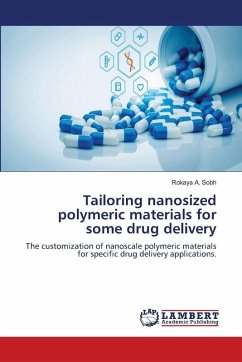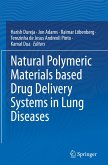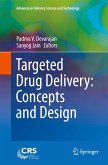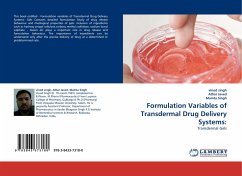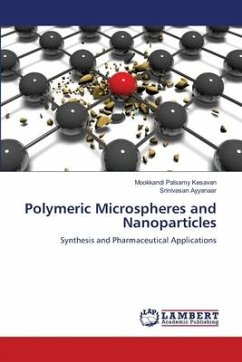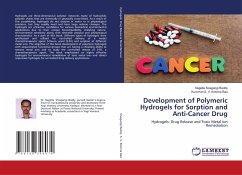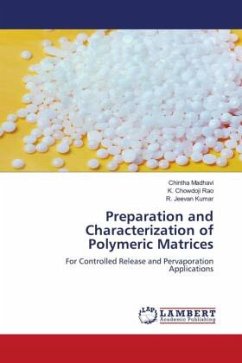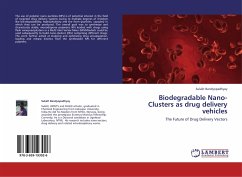This study focuses on the synthesis of poly methyl methacrylate (MMA) and poly methyl methacrylate-co-2-hydroxyethyl methacrylate (HEMA) with the aim of producing biocompatible copolymeric nanoparticles within the nanoscale range (under 50 nm) through the differential microemulsion polymerization method. Microemulsion polymerization is a process that facilitates the solubilization of bioactive compounds and is noted for its spontaneous formation, simplicity in production, compatibility with various additives, stability across a broad temperature spectrum, and low viscosity. Furthermore, the differential approach allows for the utilization of minimal emulsifier quantities while enhancing the solid content. A range of emulsifiers, such as sodium dodecyl sulfate (SDS) and biocompatible options like sodium alginate (SA) and polyvinyl pyrrolidone (PVP), were employed to investigate the microemulsion polymerization process.
Bitte wählen Sie Ihr Anliegen aus.
Rechnungen
Retourenschein anfordern
Bestellstatus
Storno

